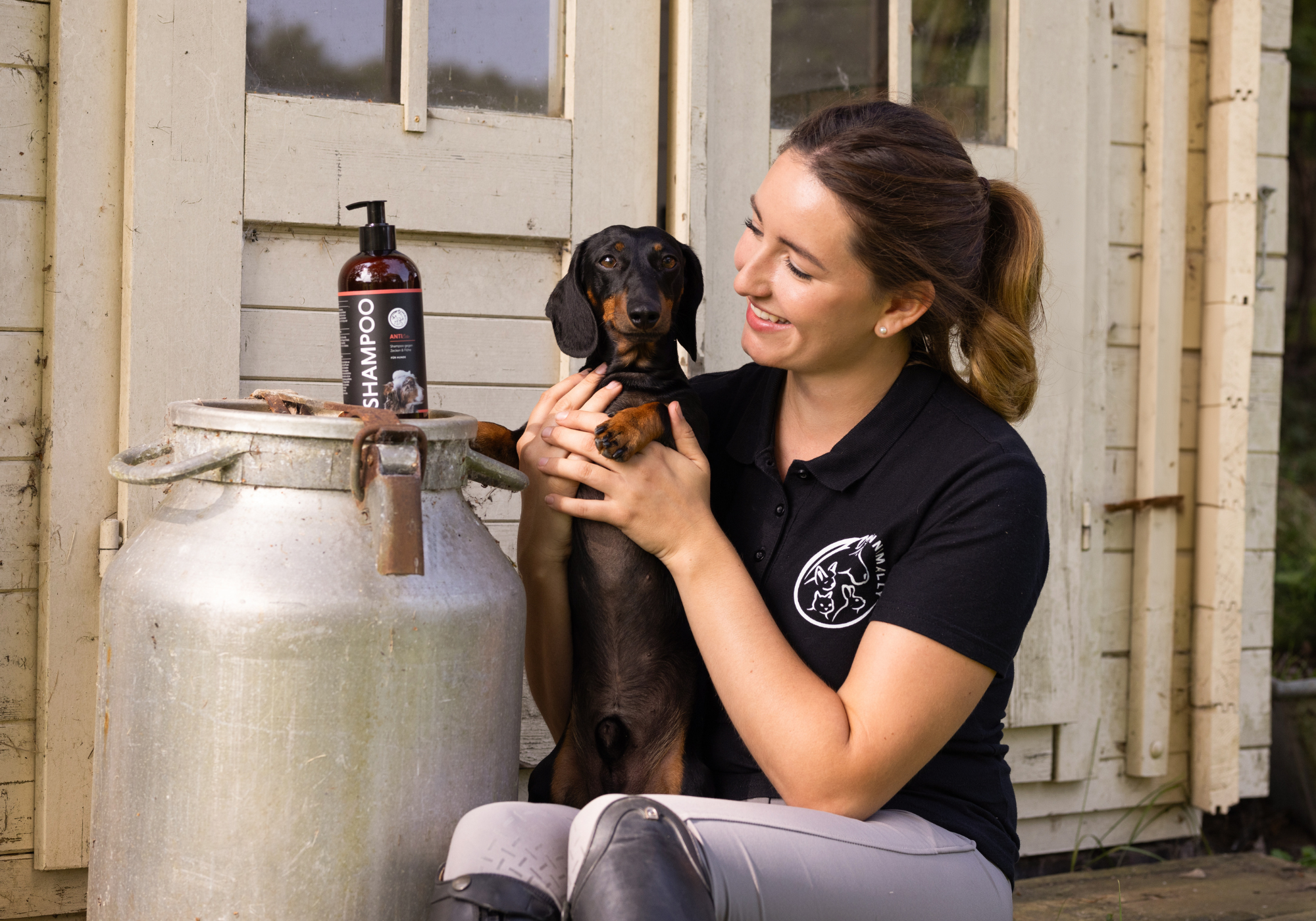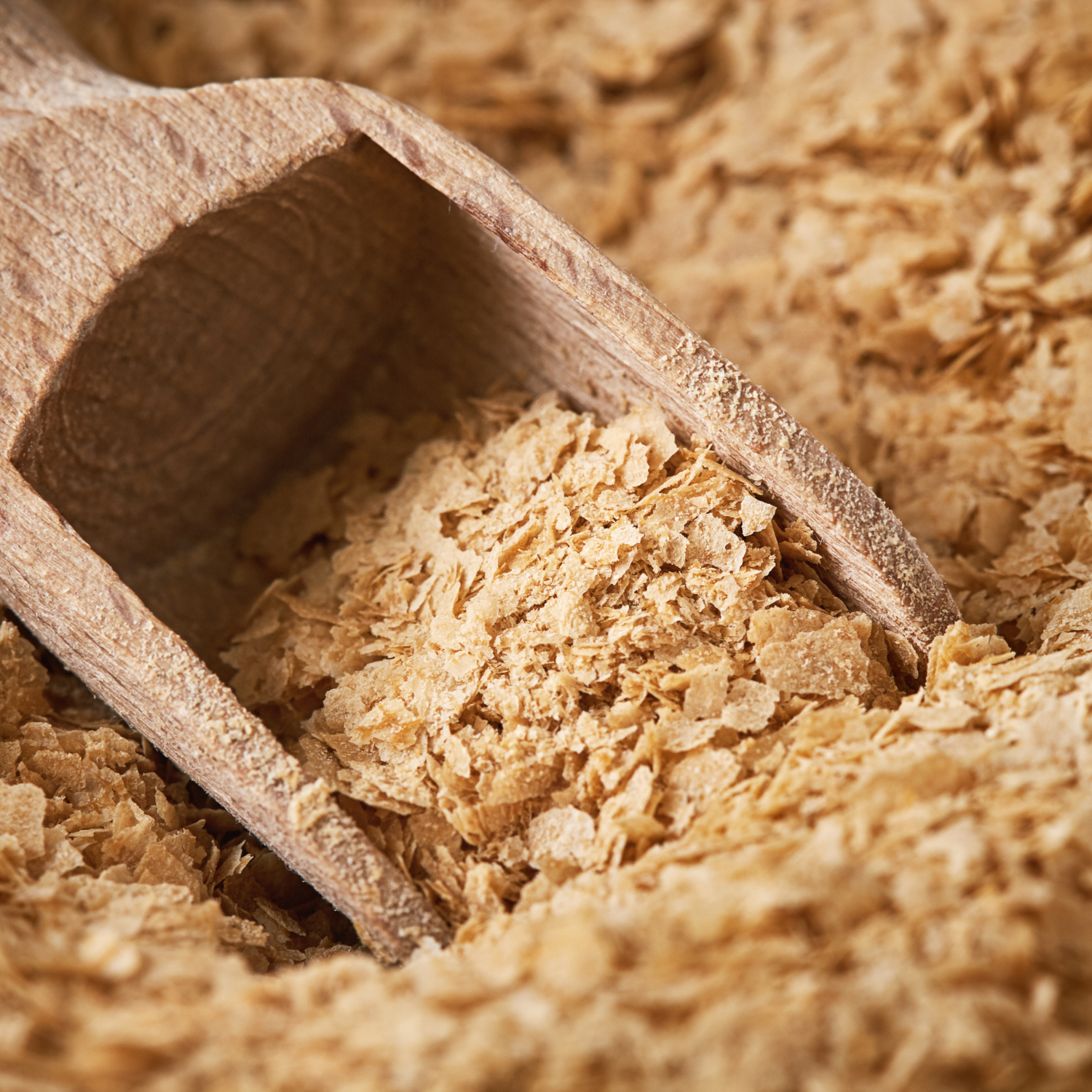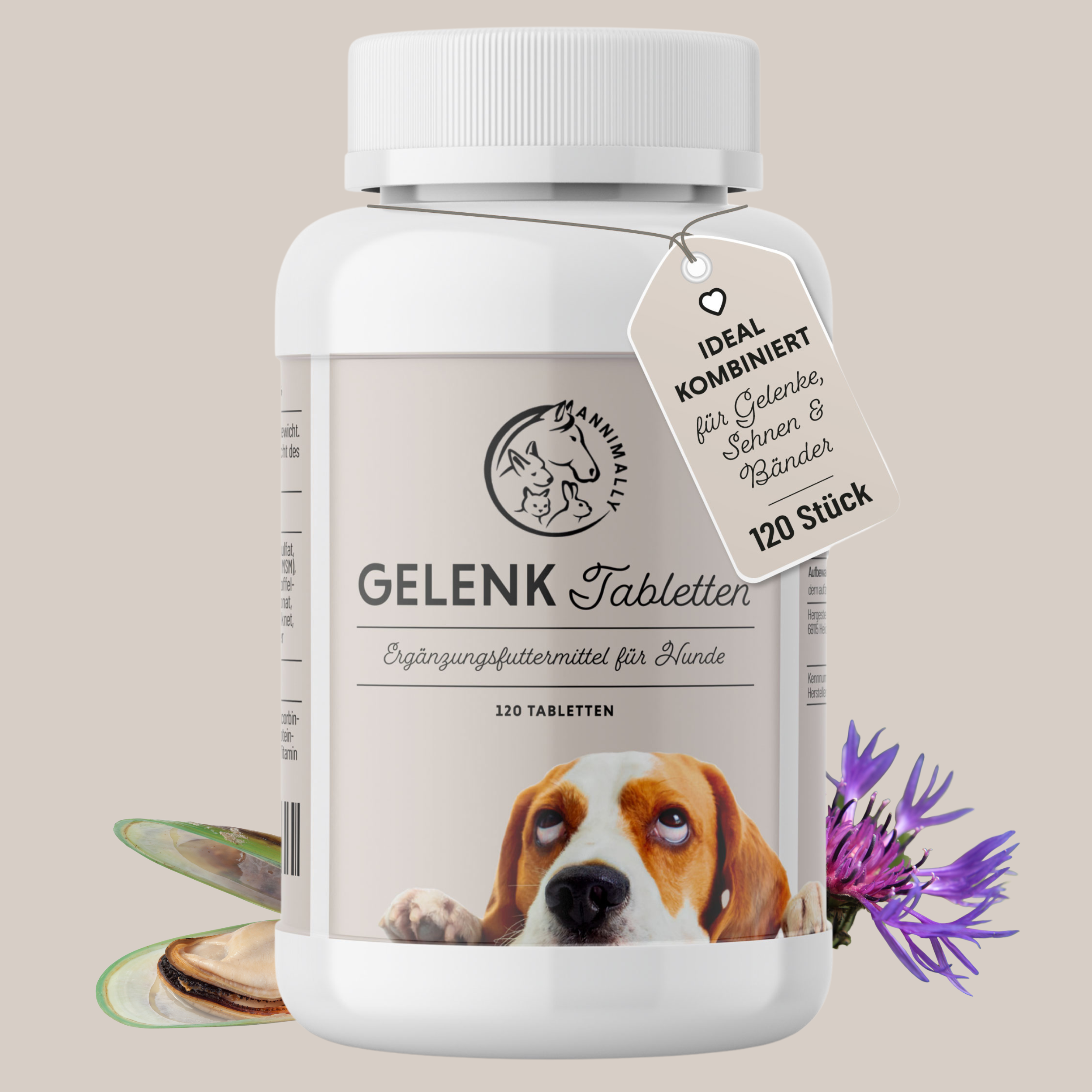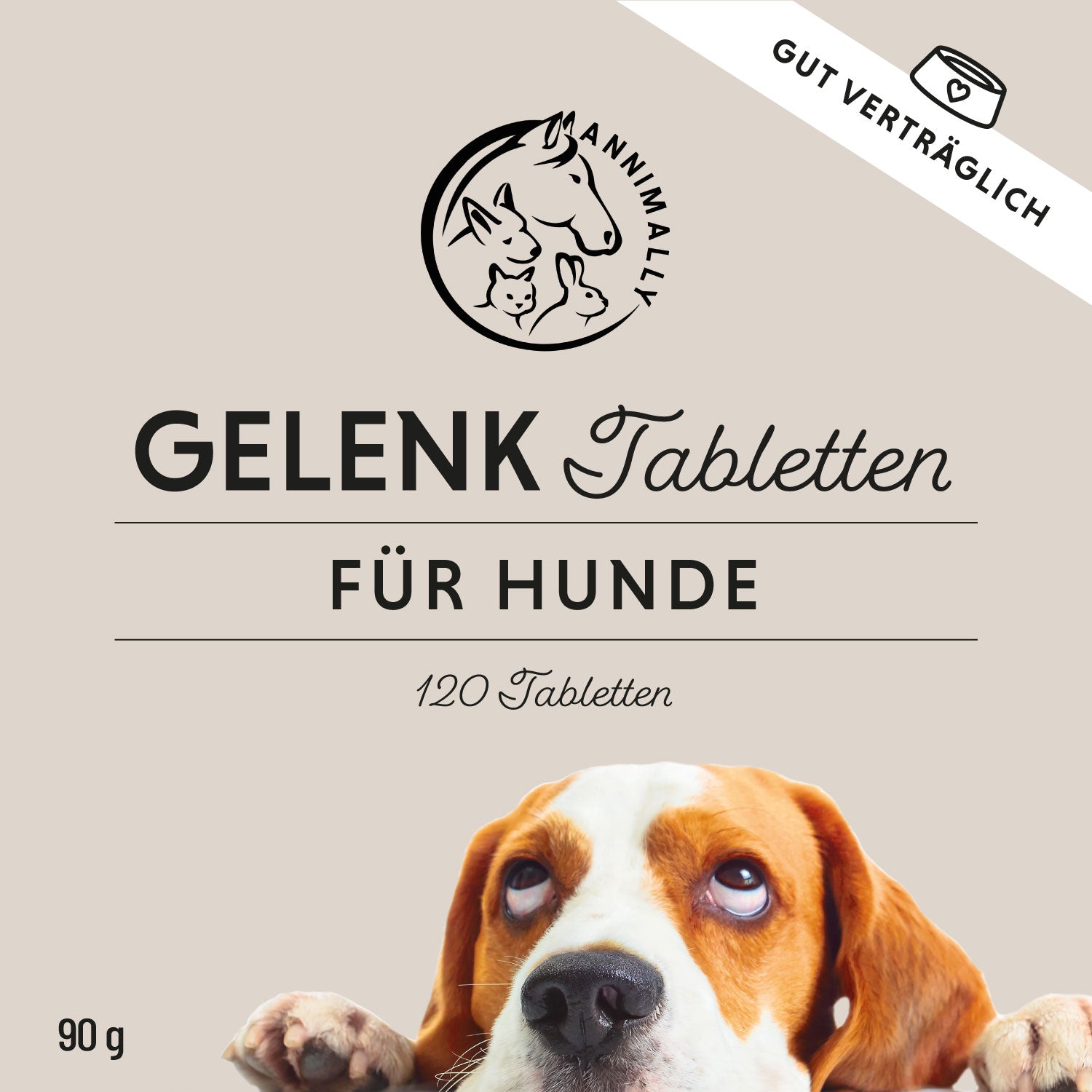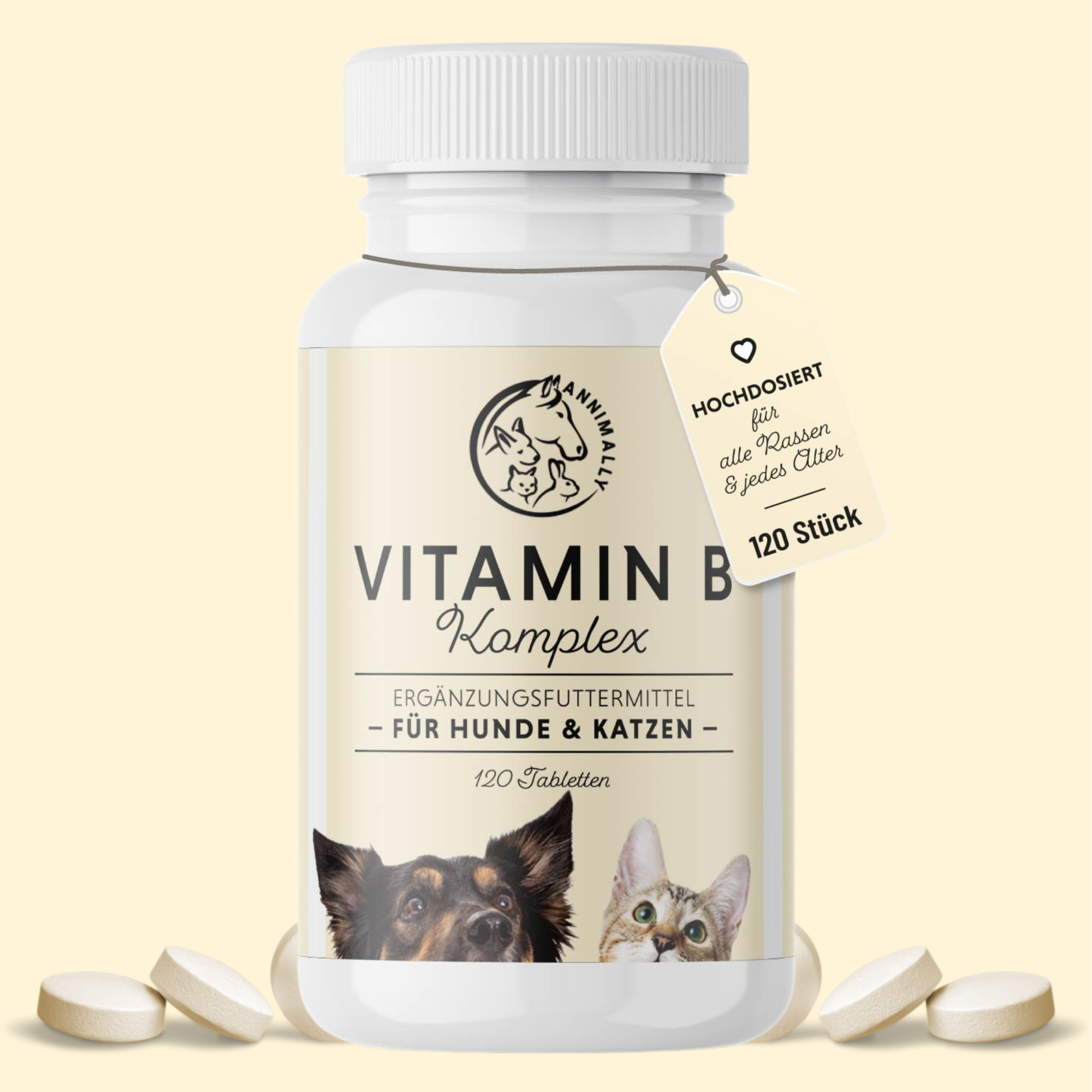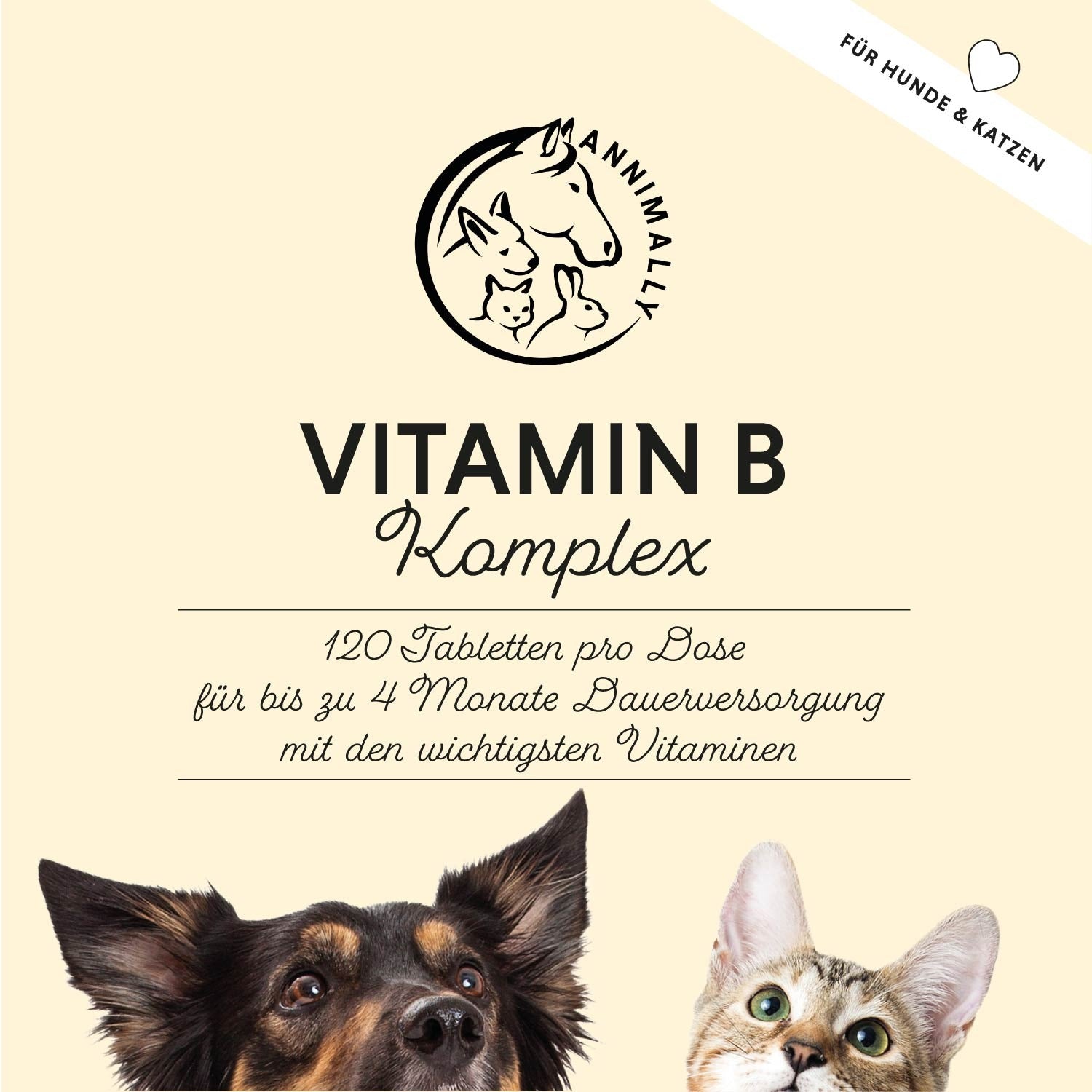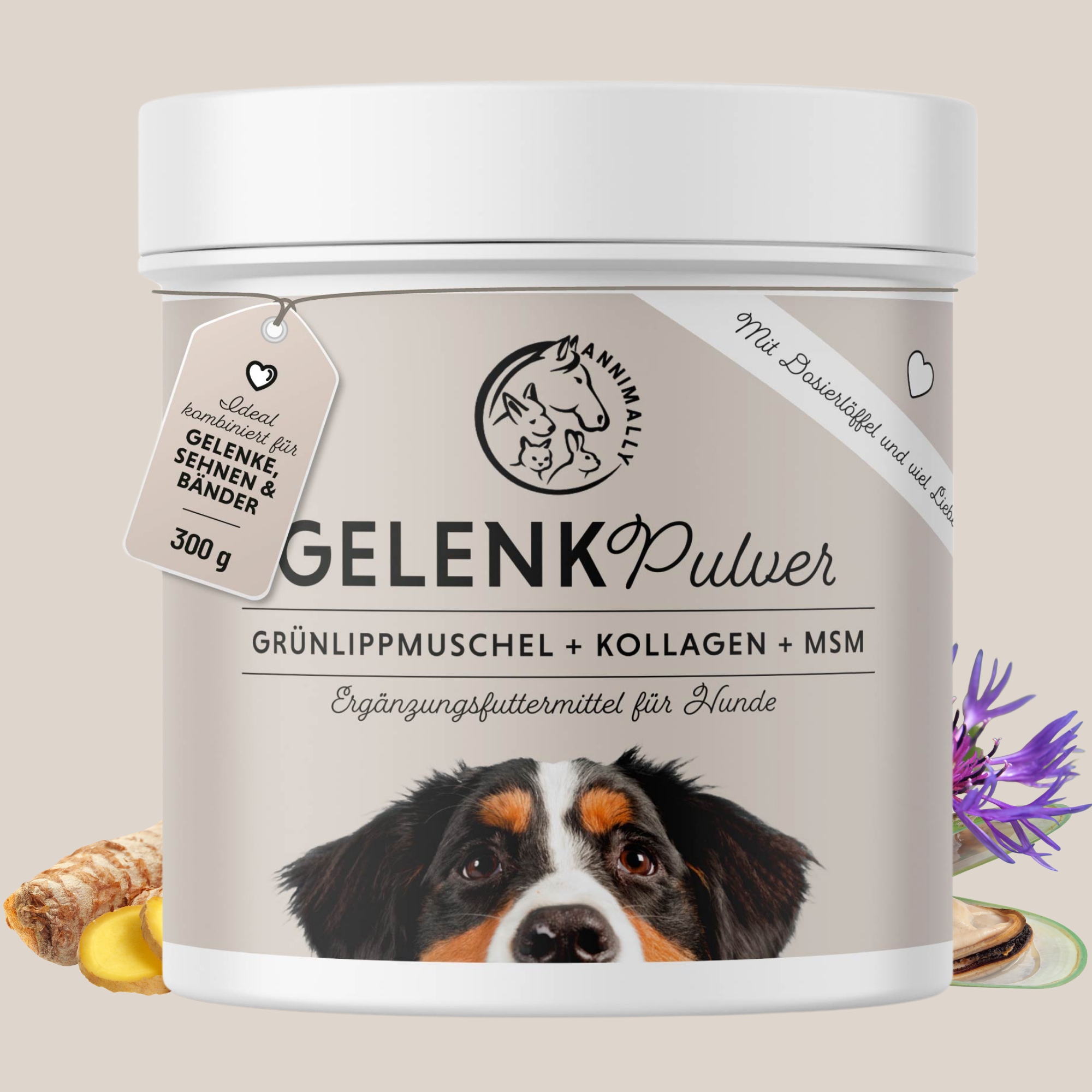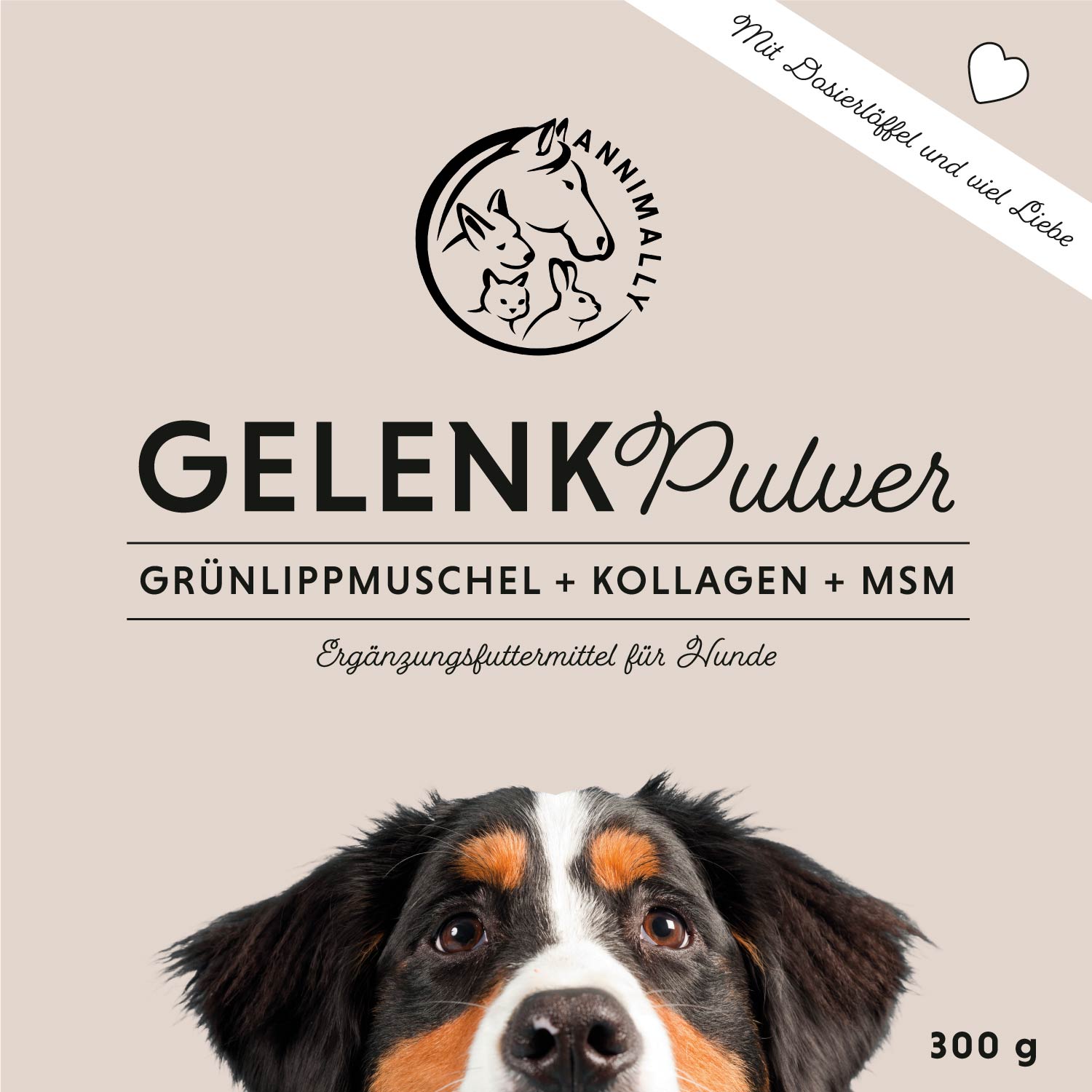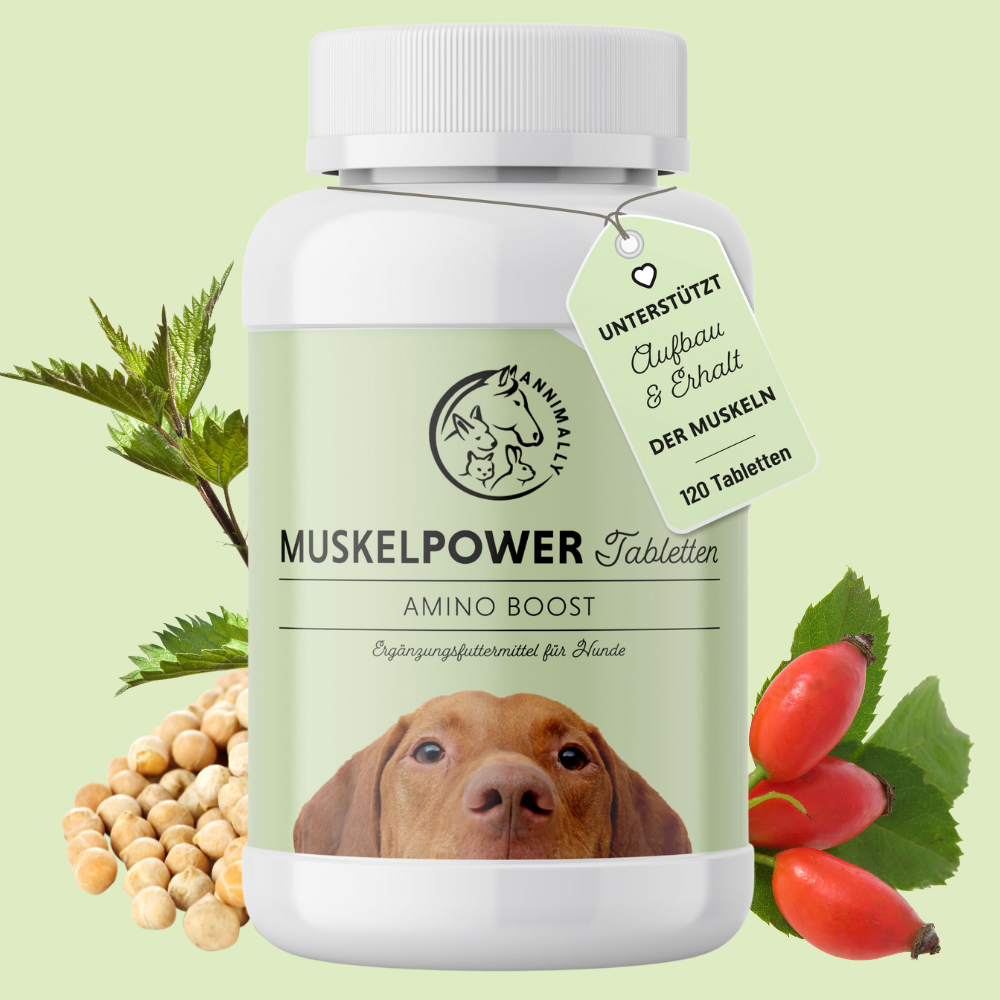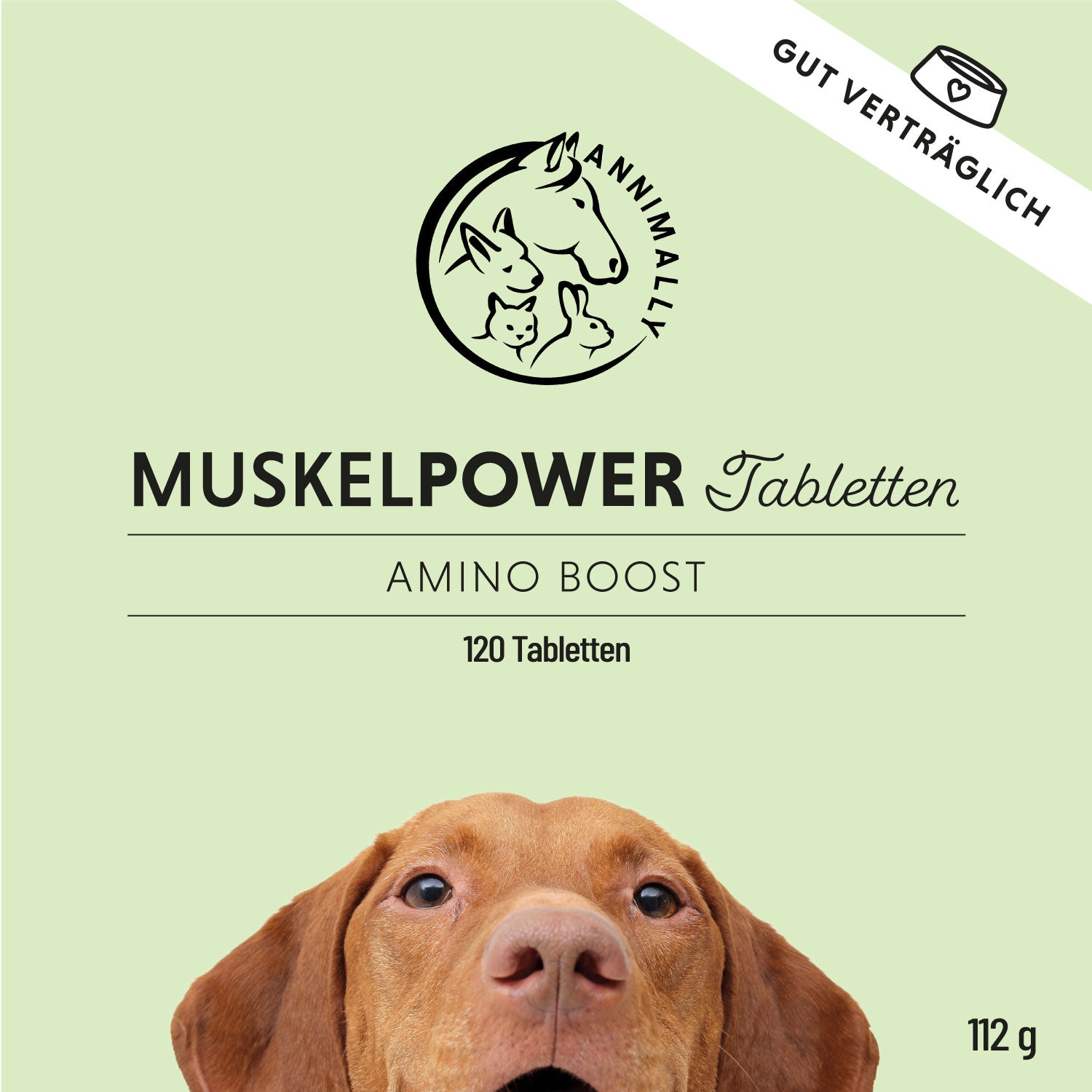Brewer's yeast for dogs: Naturally healthy with B vitamins and more
Do you want to provide your furry friend with optimal support and are you looking for a natural dietary supplement?
Then you might have found just the right thing with brewer's yeast for dogs! This natural single-source food, originally derived from beer production, is packed with valuable B vitamins, amino acids, trace elements, and minerals – and can benefit your dog in many ways.
In this article, you'll learn everything you need to know about brewer's yeast, its ingredients, its effects on dogs, the right amount, possible side effects, and different products. Brewer's yeast can also be exciting for cats—more on that later!
What is brewer’s yeast actually?
Brewer's yeast (scientifically: Saccharomyces cerevisiae is a natural fungus used in beer production. After the fermentation process, the yeast cells remain—and these are precisely the ones that are of interest as a dietary supplement for humans, dogs, and cats.
In contrast to baker's yeast, which is used to bake bread, pure brewer's yeast contains a particularly high number of important nutrients - including a high concentration of B vitamins, high-quality protein with essential amino acids such as lysine, methionine, threonine, tryptophan and cystine, as well as various minerals, trace elements and biotin (vitamin B7).
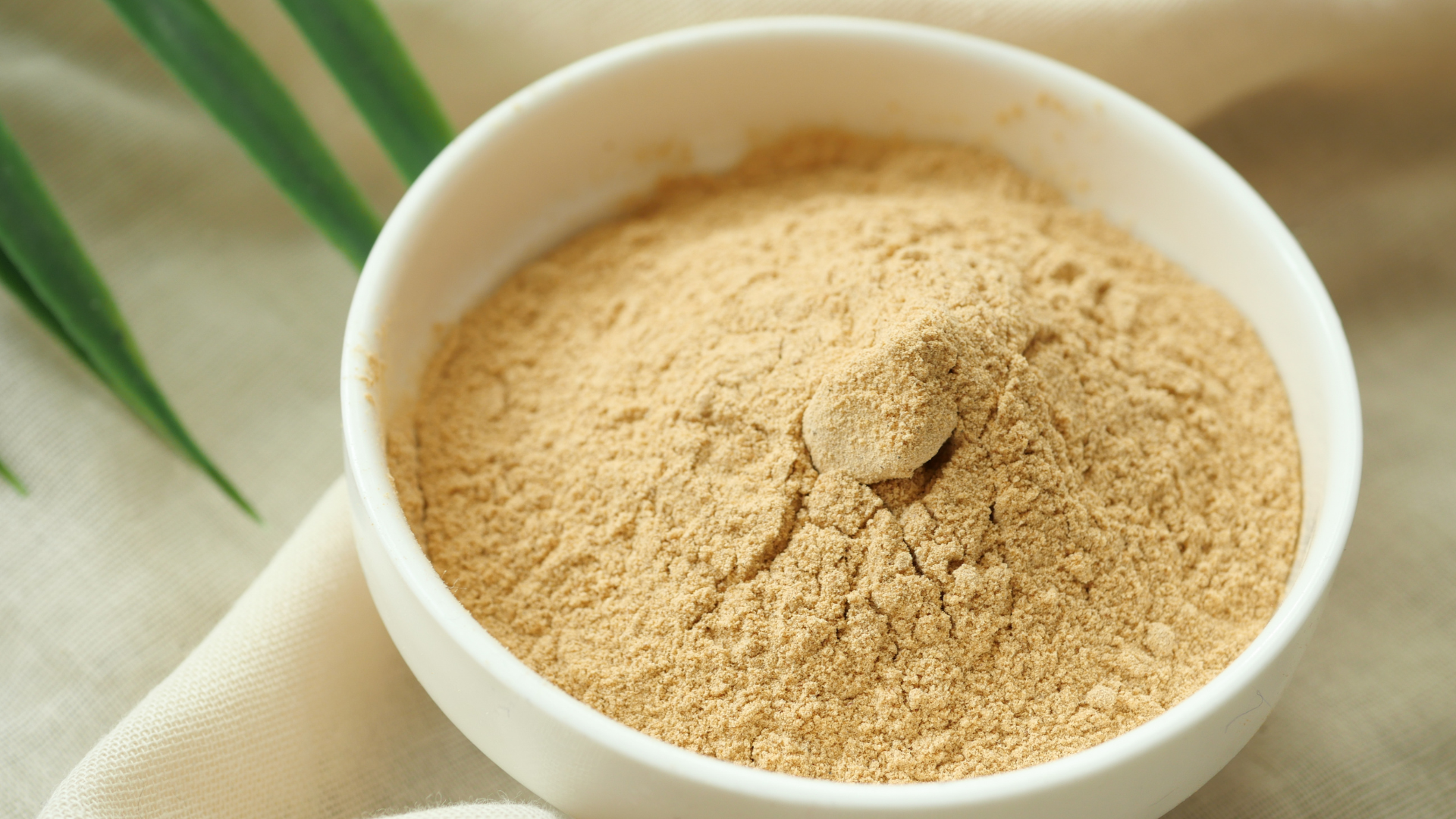
Why is brewer's yeast so valuable for dogs?
Your dog faces many challenges every day—be it from changing weather, coat changes, stress, environmental stimuli, or an unbalanced diet. This is where brewer's yeast comes in. As a natural dietary supplement, it offers many benefits:
1. Support for skin and coat
Many studies show that dogs who regularly receive brewer's yeast have a shinier coat and fewer skin problems. This is primarily due to the combination of biotin, zinc, and other B vitamins, which can facilitate shedding and improve dry or flaky skin.
2. Promotes the immune system
Thanks to the amino acids, trace elements, and vitamins it contains, brewer's yeast supports your dog's immune system – an important support, especially during stressful periods or for older dogs.
3. Healthy digestion
The active yeast cultures help stabilize the intestinal environment and promote healthy intestinal flora. This has a positive effect on the bioavailability of other nutrients, meaning your dog can better absorb important components from the food.
In what form is brewer's yeast available for dogs?
There are various products containing brewer's yeast – so you can choose the right product according to your pet's needs and preferences:
-
Powder : Simply sprinkled over the food – practical for daily administration.
-
Tablets or cans : Easy to dose, perfect for on the go or for picky dogs.
-
Pure brewer's yeast without additives : Ideal if you prefer natural ingredients without artificial additives.
When purchasing, look for high-quality products that are free of additives and offer the highest possible bioavailability of the active ingredients they contain.
How do you dose brewer's yeast correctly?
The ideal amount depends on your dog's size, weight, and needs. In general, the following applies:
-
Small dogs (up to 10 kg): approx. 1–2 g of brewer’s yeast per day
-
Medium dogs (10–25 kg): approx. 3–5 g per day
-
Large dogs (over 25 kg): 5–10 g daily
Important : Start with a small amount and increase slowly – this will help your dog get used to it.
Are there any side effects?
Brewer's yeast is considered well-tolerated, but in rare cases, it can cause things like flatulence or soft stools, especially if the dosage is too high. Dogs with certain allergies or illnesses should also consult a veterinarian beforehand.
A tip: Buy pure brewer's yeast that's free of gluten, artificial flavors, or preservatives. This minimizes the risk of side effects.
Differences between dog and cat supplies
Cats can also benefit from brewer's yeast—especially with regard to their skin, coat, and immune system. However, you should make sure that products are specifically suitable for cats, as their needs for certain nutrients such as taurine or vitamin B are different.
For dogs, however, brewer's yeast has long been a proven remedy – from small breeds to large dogs, from puppies to seniors.
Brewer’s yeast is not a cure-all – but a valuable supplement
Of course, brewer's yeast is no substitute for a balanced diet, but it can provide valuable support. Adding it makes perfect sense, especially during stressful times, during shedding, after illness, or for active dogs with increased nutritional needs.
Brewer's yeast vs. spent grain – what's the difference?
While brewer's yeast consists of live or inactivated yeast cells, brewer's spent grain is the pressed residue from beer production—i.e., grain components. It is also sometimes used in animal feed, but contains fewer vitamins, amino acids, and active ingredients than real yeast.
If you want to do something specifically for your dog's coat, skin, or immune system, you should use real, high-quality brewer's yeast—not a cheap waste product from beer production.
Conclusion: Brewer’s yeast – a natural treasure for your dog
Whether in powder form, as a tablet, or in a can, brewer's yeast for dogs is a wonderful way to provide your furry friend with important vitamins, amino acids, minerals, and trace elements. It can make their coat shinier, their skin healthier, and their immune system more robust.
The effect is scientifically well-documented, and many experiences of dog owners confirm what we have long known: Nature often has the best answers to our questions – including when it comes to dog health.
Treat your darling to this extra portion of nutrients – your furry friend will thank you!
Final tip: When purchasing, look for high-quality products with pure brewer's yeast, no artificial additives, transparent contents, and good bioavailability. This way, you'll get the most out of this small but powerful fungus.


